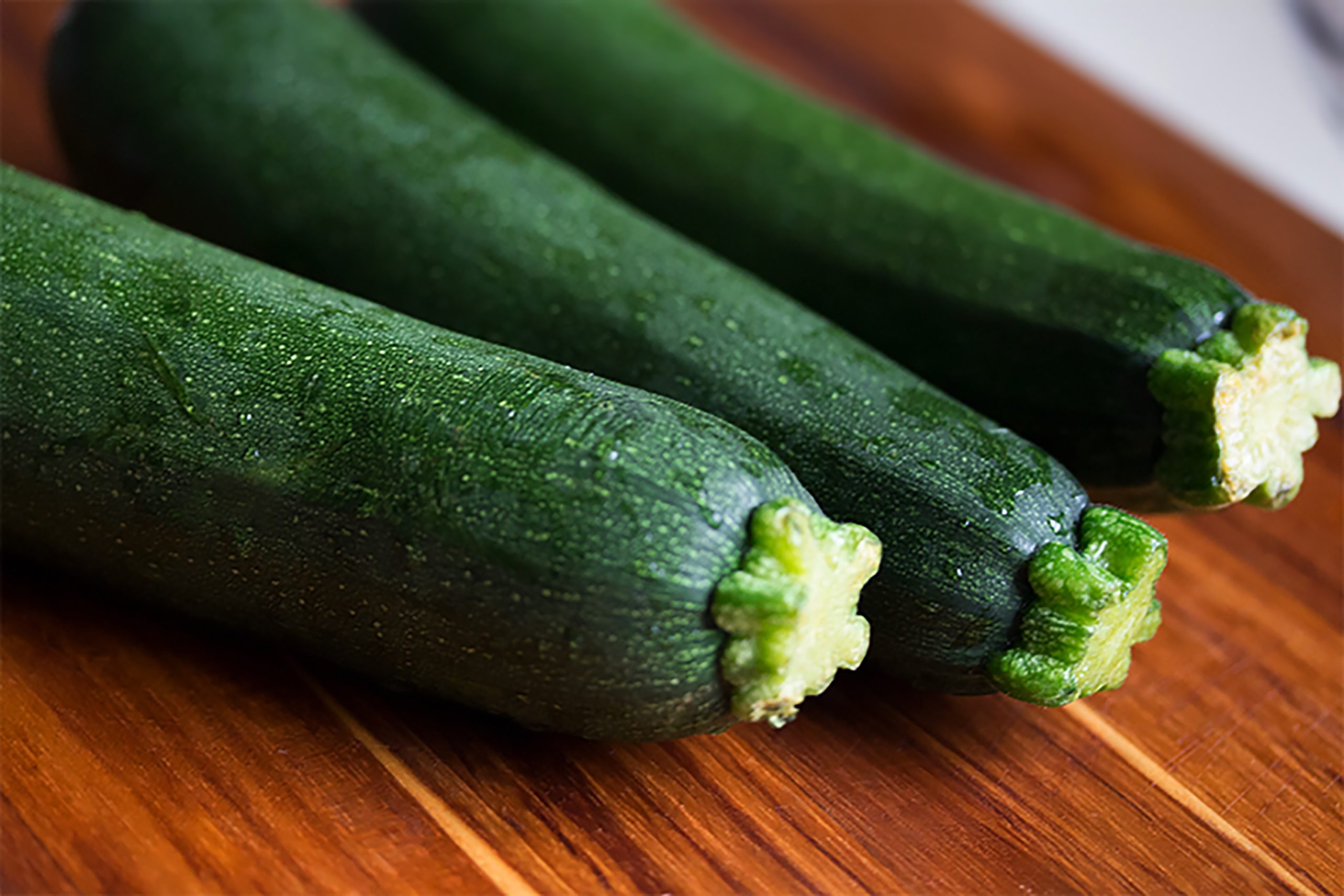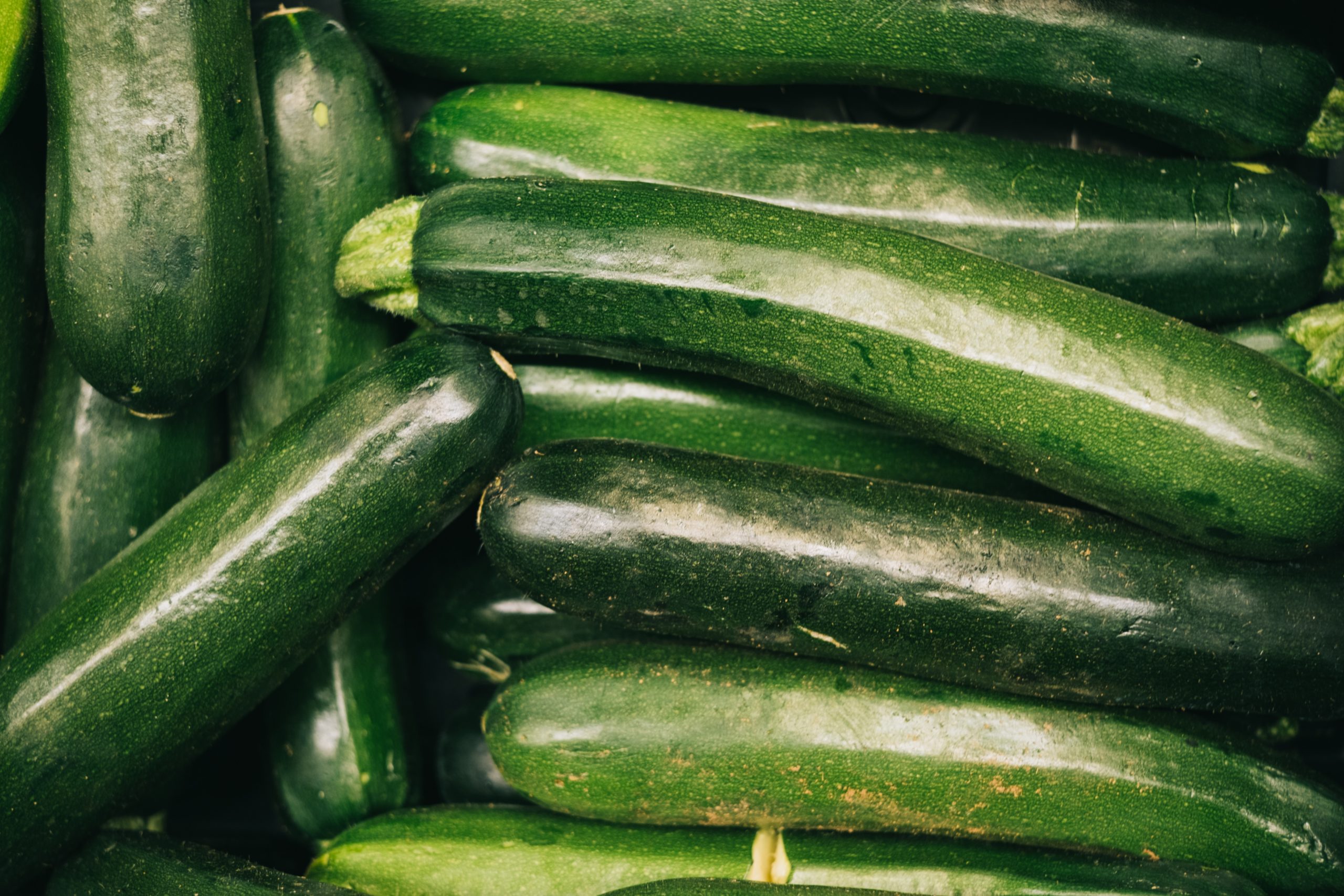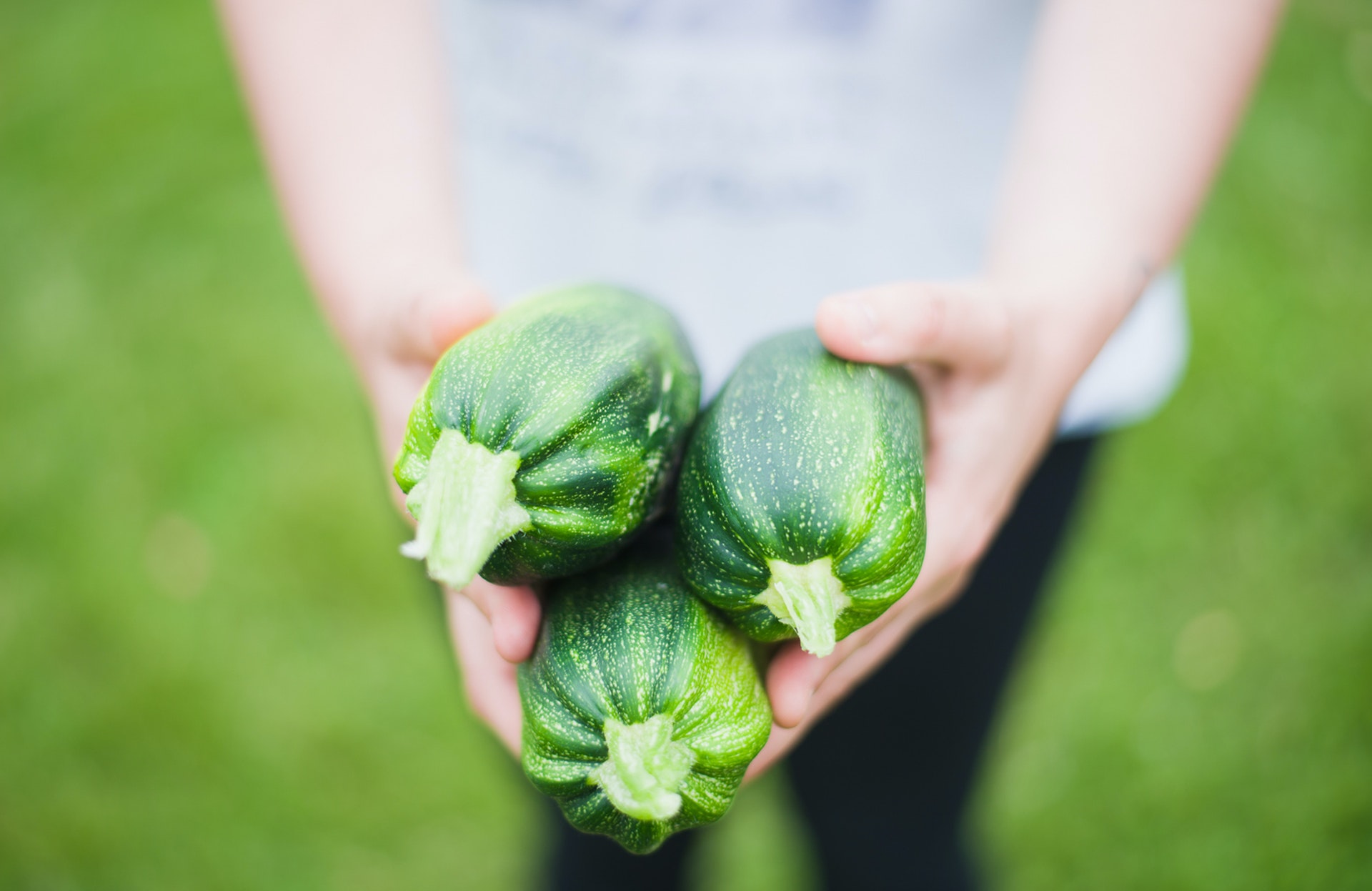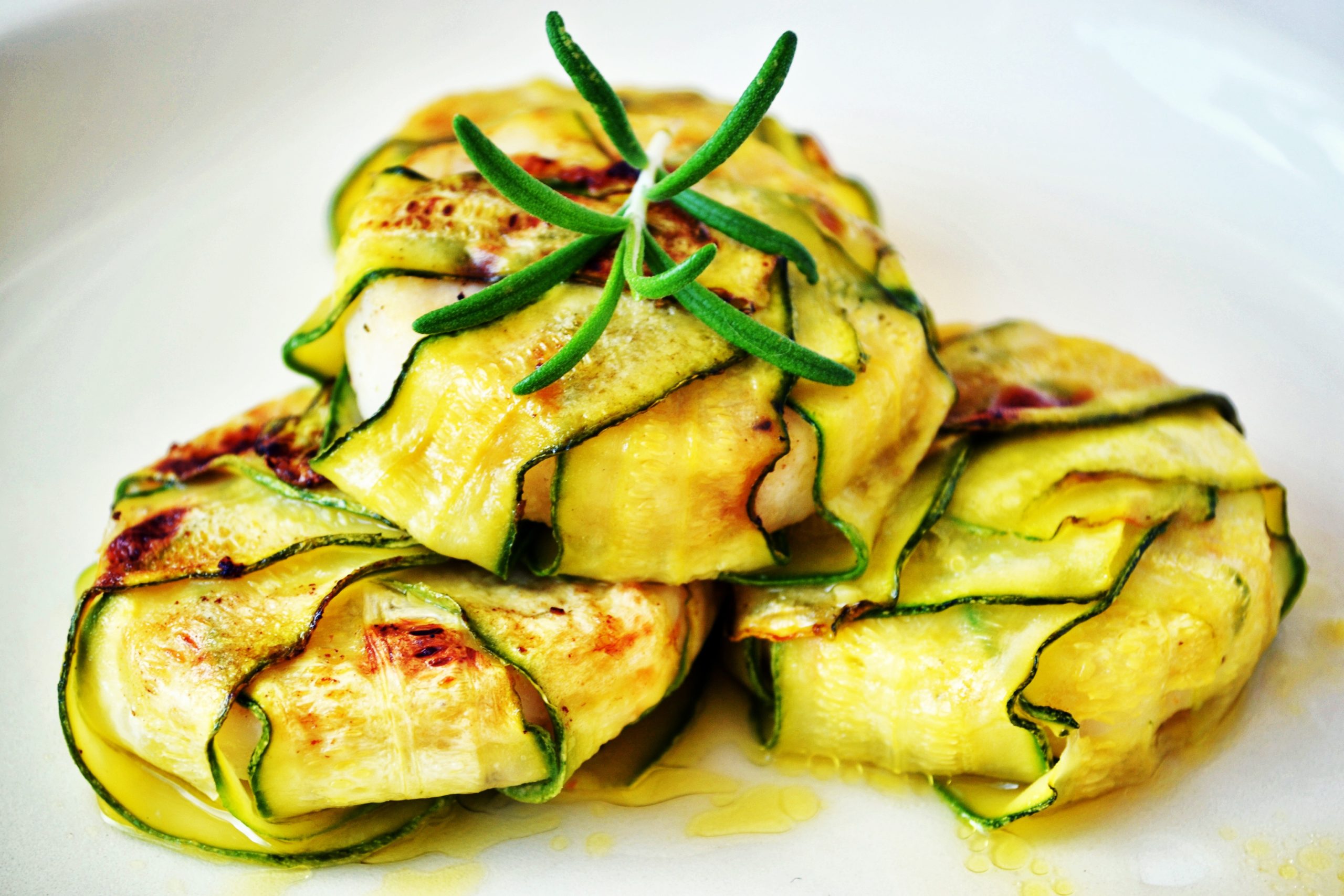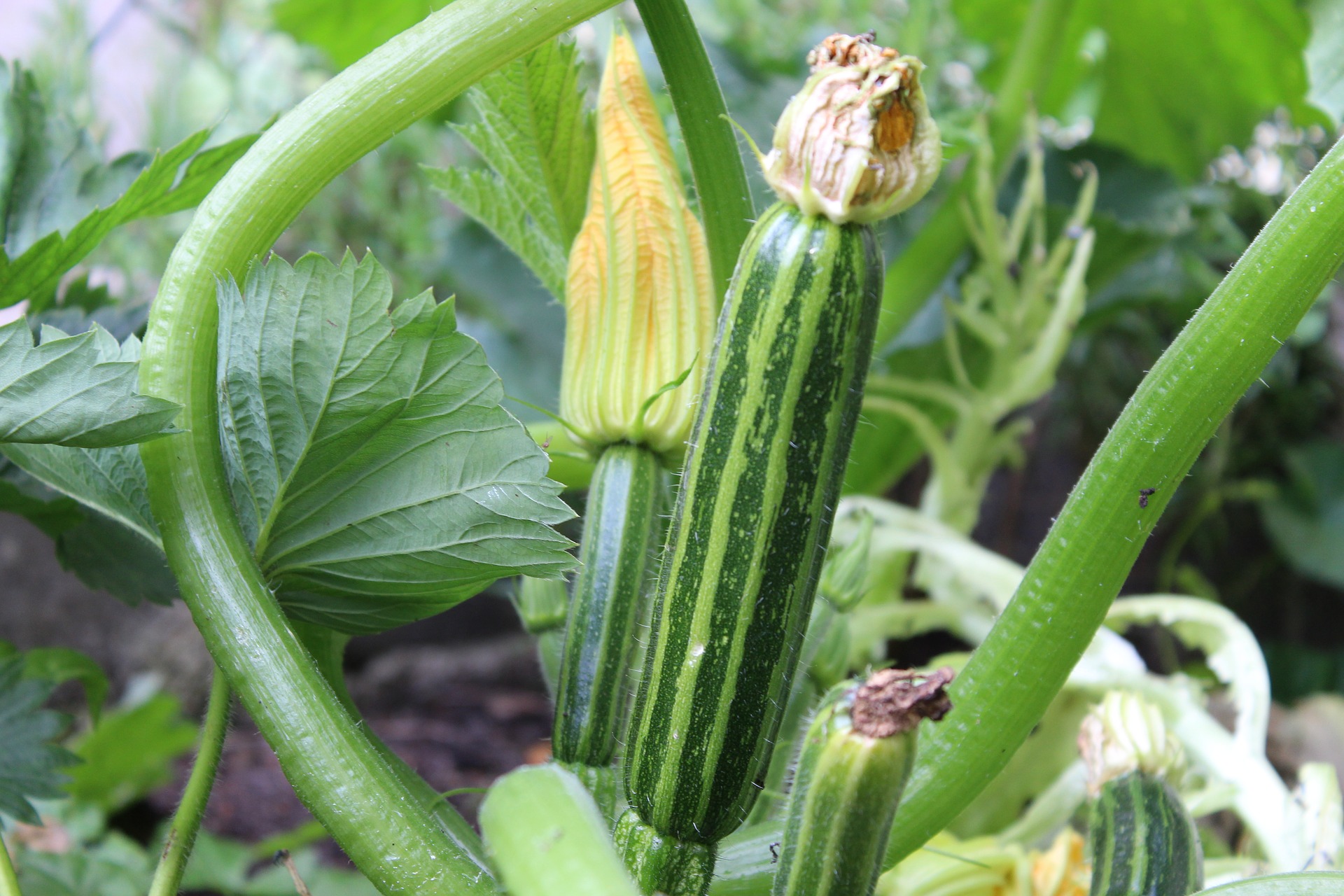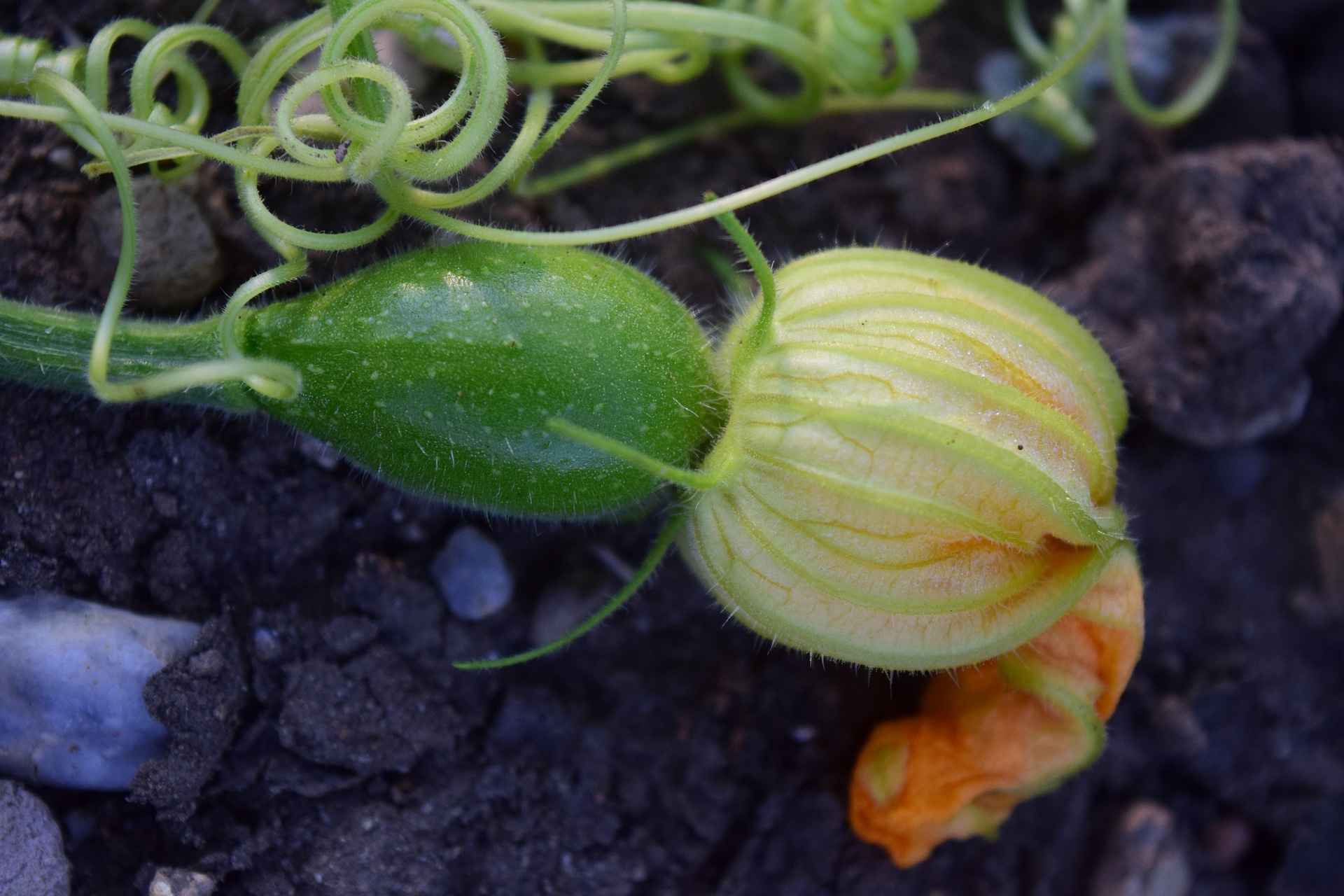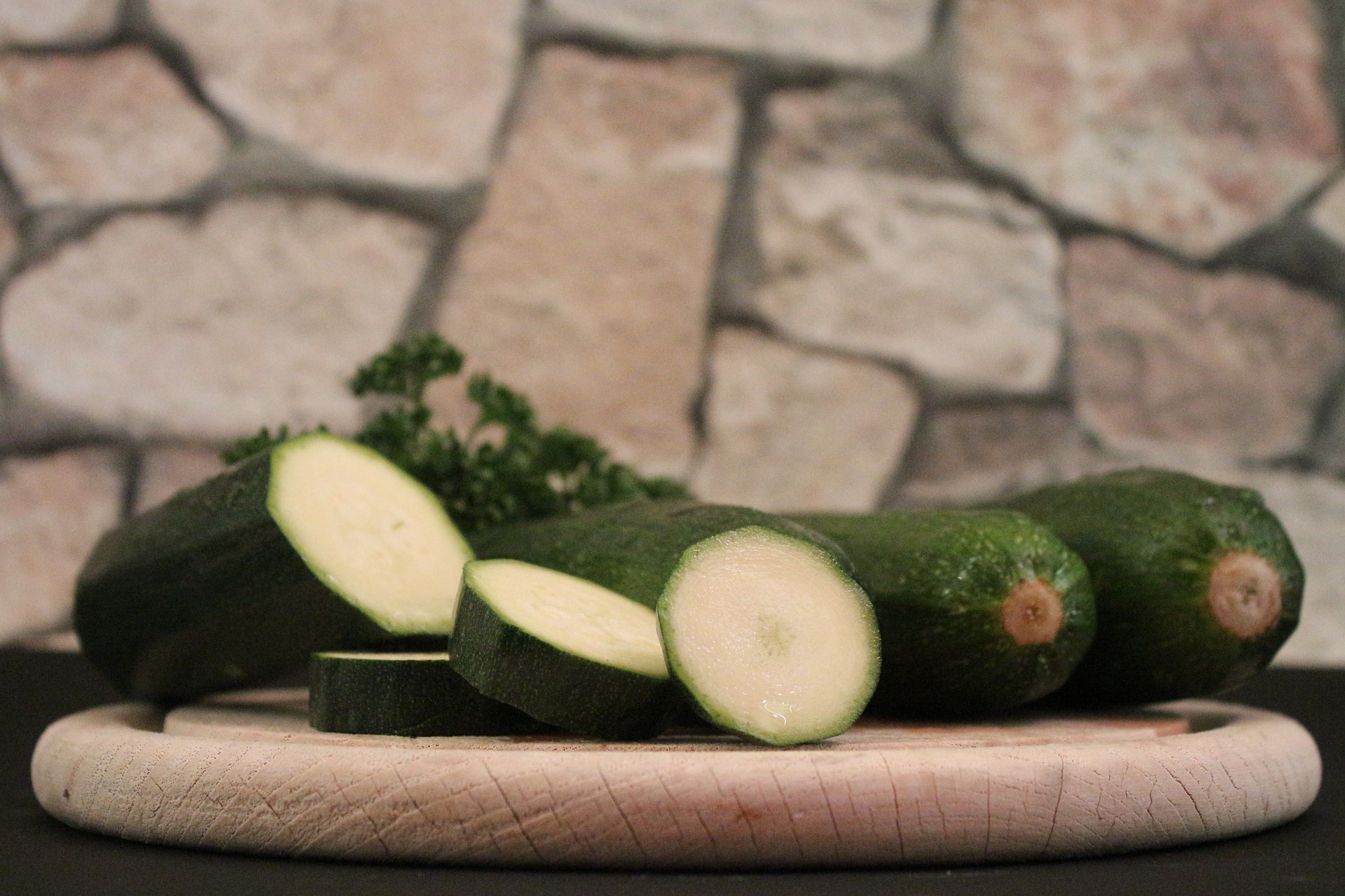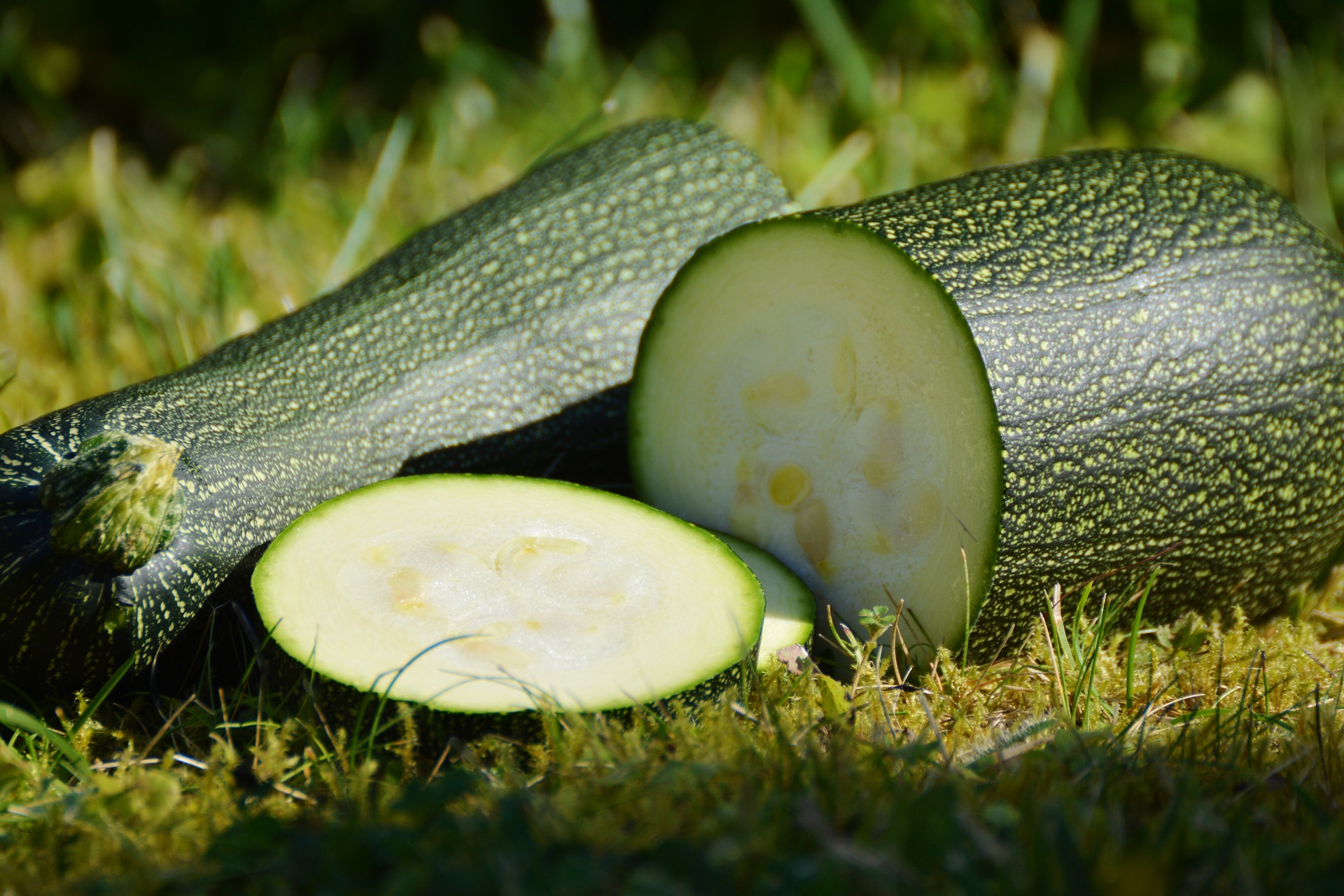
Zucchini is a great addition to your daily diet because it is rich in nutrients and mild in taste. Many parents mix it and hide it in other things so that their children get enough vegetables. Fortunately, there are also plenty of recipes for less demanding people that make zucchini feel new every day.
And that’s a good thing, because it’s very good for us. Baked, roasted, roasted, boiled or raw zucchini offers a variety of health benefits. In some cases, you don’t even have to eat it to reap the rewards! Stay with us to find out what happens when you enjoy zucchini every day.
1. Improves Digestion
Zucchini is full of things your digestive system needs to stay regular. It contains water, fiber and electrolytes that facilitate digestion and keep the process going. Constipation is quite painful, but zucchini also reduces the risk of more worrying conditions like ulcers, IBS, and even colon cancer. Raw zucchini, however, can produce gas. If this is a problem for you, you may want to eat it cooked.
2. Slower aging
Over the years, our bodies age under the influence of toxins, inflammation and free radicals. However, we can age more slowly by making sure that our diet is rich in antioxidants and anti-inflammatory foods.
Zucchini contains antioxidants and anti-inflammatory phytonutrients that work together to neutralize free radicals and reduce inflammation. The result is a healthier body from the inside out, as free radicals can also affect your skin.
3. Lower blood sugar levels
Chronically high blood sugar poses a risk of diabetes, but a high-fiber diet minimizes this risk. Zucchini is the bill. It can make you feel full longer and therefore less likely to eat carbohydrates. Experts recommend about 30 grams of fiber a day to really reduce the likelihood of developing diabetes.
A medium-sized zucchini has 2 grams. Of course, if you eat zucchini, you don’t go there alone, but it’s a great addition to frying fries, casseroles, and soups.
4. Supports healthy circulation and a healthy heart
Many people don’t realize that healthy blood pressure depends on the right balance between sodium and potassium. Most of us consume too much sodium, but not enough potassium. Zucchini can help correct this balance. A medium-sized zucchini has 512 mg or about 14% of your daily value.
Zucchini also contains a so-called polysaccharide, which helps lower cholesterol levels. These two effects work together to maintain healthy blood flow and a strong heart.
5. Improves eye health.
Zucchini is a good source of nutrients that support eye health, such as vitamin C, beta-carotene, manganese, zeaxanthin, and lutein. The latter two are believed to fight free radicals and reduce the risk of more common age-related eye diseases such as glaucoma, cataracts and macular degeneration.
They also protect the eyes from harmful high-energy light waves, including the ultraviolet rays of the sun. High lutein and zeaxanthin eye tissues are also associated with better vision.
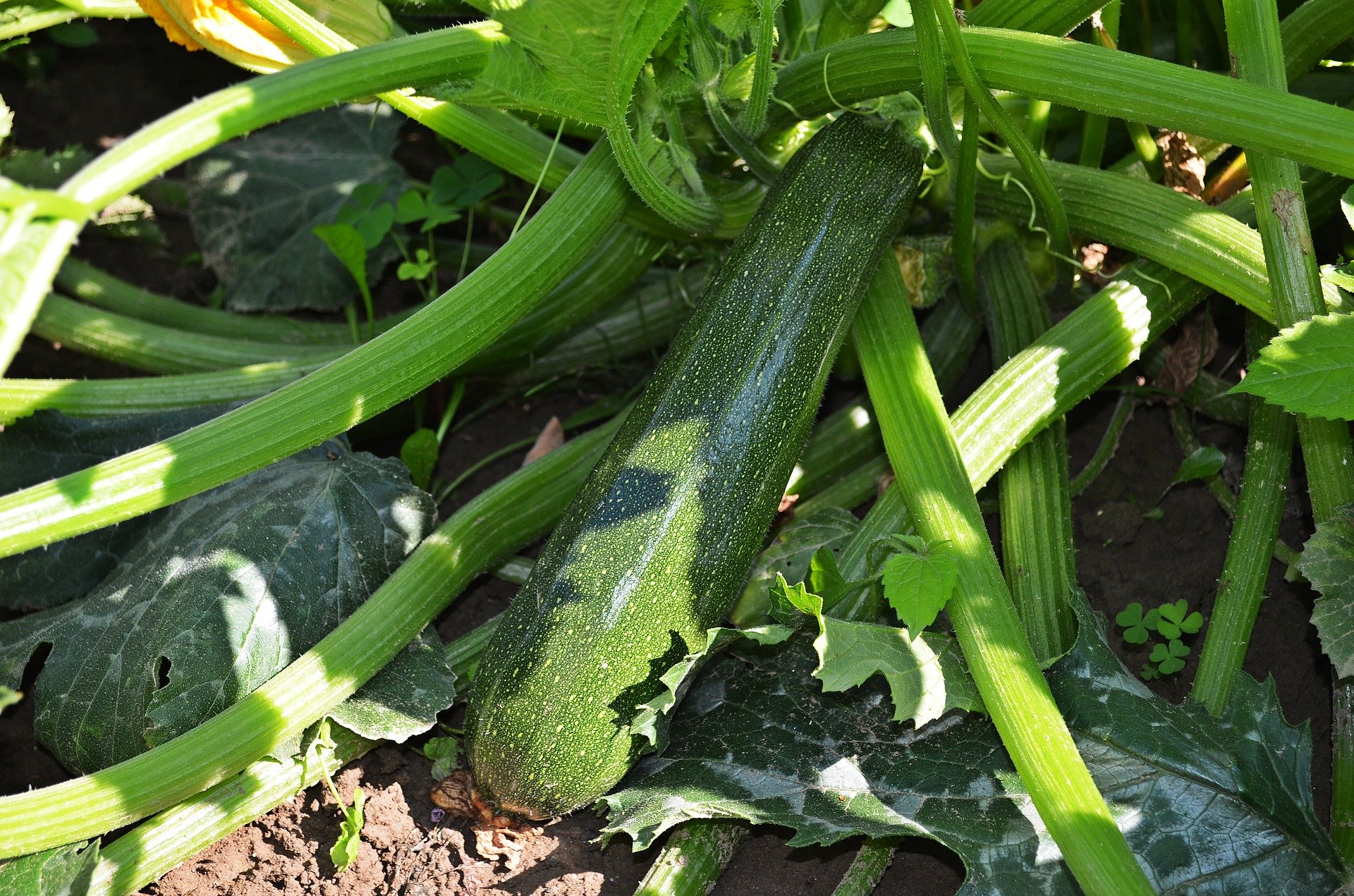
6. Boosts energy
B vitamins play an important role in your body’s energy production, and zucchini has them in the spade. Vitamins in this range such as folic acid, riboflavin and B6 can metabolize protein and carbohydrates. This means that B vitamins do not produce energy directly, but make use of the energy from the food you eat.
Therefore zucchini is a good addition to any meal. B vitamins also improve brain functions like perception. It’s a recipe for a good day.
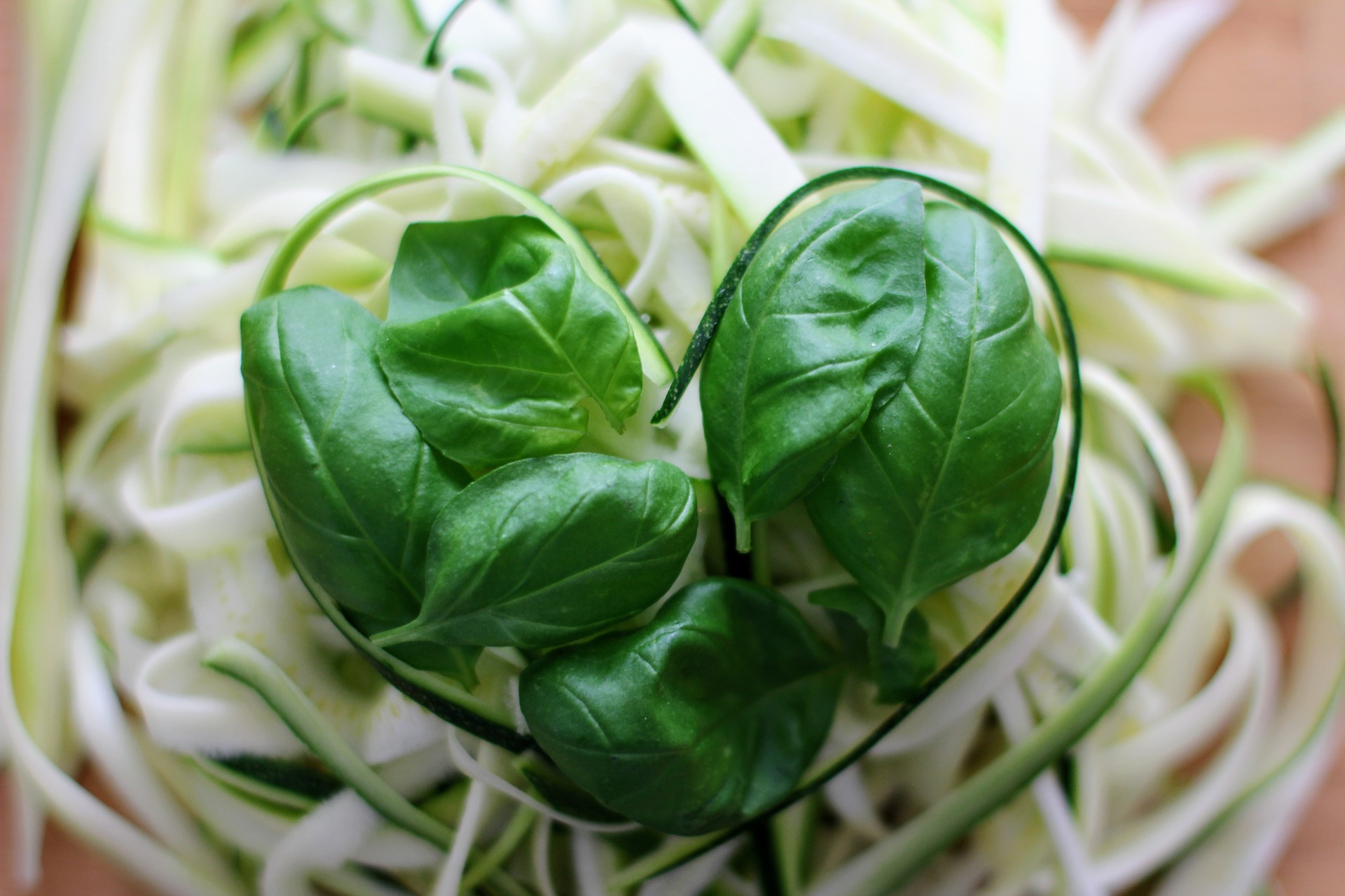
7. Easier weight loss
We tend to gain weight when our diet is high in carbohydrates and sugar. Zucchini is neither, but it contains a lot of water and fiber. Both of these help the body feel full longer, which makes it much easier to avoid binge eating.
While zucchini is not a miracle for weight loss, it certainly supports the efforts to lose weight as part of a healthy diet.
8. Improved thyroid and adrenal functions
Here are other reasons why you should eat zucchini dishes. It contains a large amount of vitamin C and antioxidant polyphenols, which have been shown to positively affect thyroid and adrenal function. In fact, studies have shown that people with hypothyroidism tend to miss vitamin C, as well as selenium and zinc.
You may not be surprised to learn that zucchini contains all of these nutrients and more.
9. Protects against oxidation and inflammation
The only physical disorder that is associated with almost all diseases is inflammation. Chronic inflammation can be caused either by an illness or by the illness itself. Zucchini contains many relatively common antioxidants and anti-inflammatory compounds like vitamin A and vitamin C, as well as some tongue-tearing ones like glutathione peroxidase and superoxide dismutase.
Adding zucchini to a daily diet increases immunity and protects against diseases. The best is in the zucchini bowl, so it is best not to peel it before eating.
10. Reduced eye puffiness
Raw zucchini slices are not only a delicious meal, but also a beauty treatment. You can reduce swelling around the eyes. You’ve probably seen people do this with cucumber, but zucchini works just as well. Simply place raw zucchini slices over your eyes while you rest for about 30 minutes.
But you don’t have to stop here. A zucchini mask made from ground zucchini and oatmeal that is worn for 20 minutes can work wonders to control the shine. Add olive oil and egg yolk to the zucchini / oatmeal combination to get a moisturizing mask.
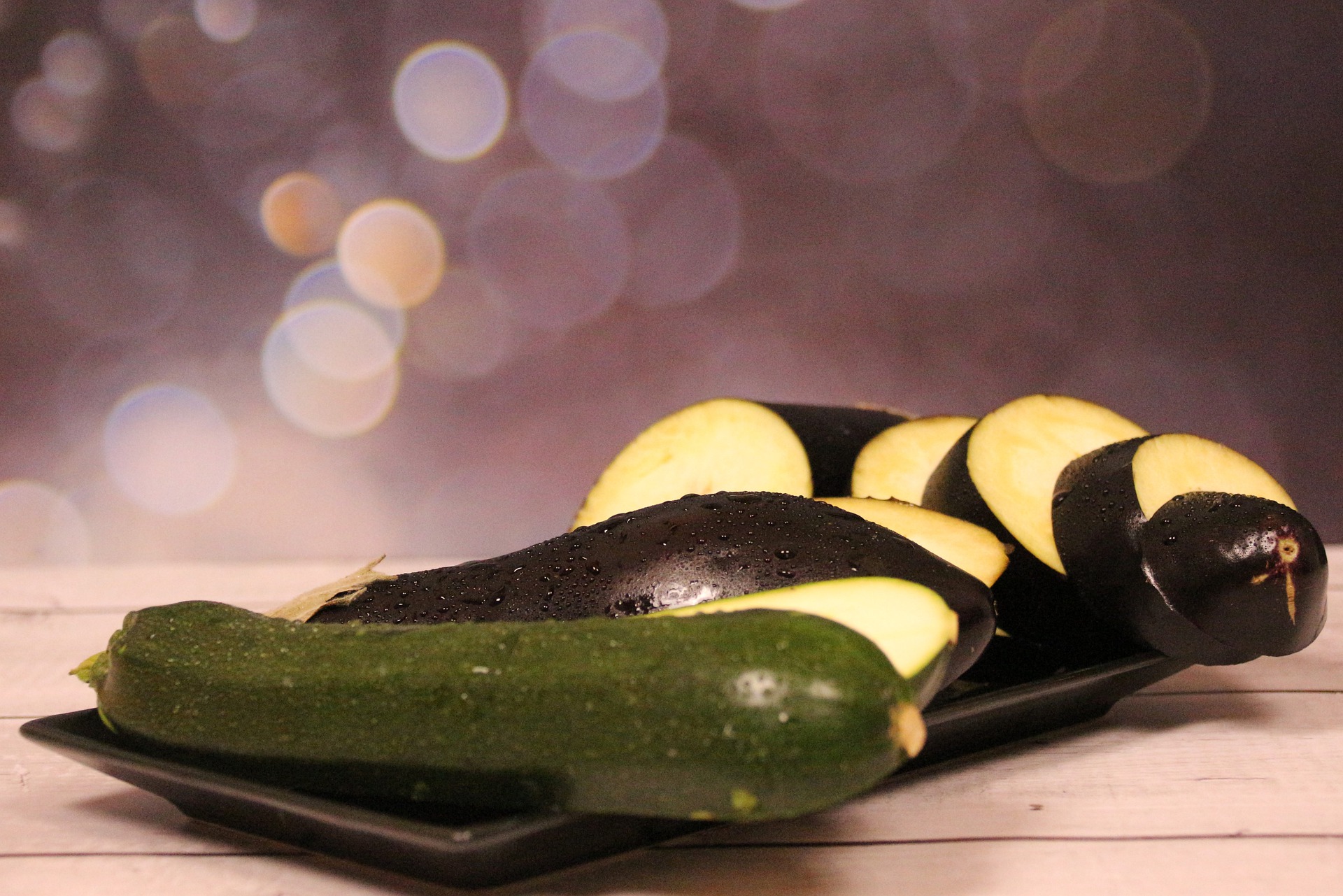
Zucchini is a good, versatile vegetable that is easy to eat. It can be sliced, diced or grated and added to all types of recipes. Try something crushed on your potato chips. The lightly breaded and baked zucchini with a pinch of parmesan is delicious. Zucchini can also be cut into thin strips, cooked and then covered as pasta. And that doesn’t mean just cutting it and throwing it into salads, soups and fries.
If you are concerned about your zucchini supply, you can easily grow it at home. Simply plant a small seedling in spring and from midsummer to autumn the plant grows exponentially and offers a lot of fresh products! Maybe now is the time to learn how to preserve zucchini too …

